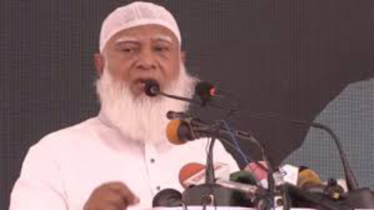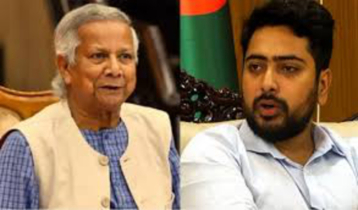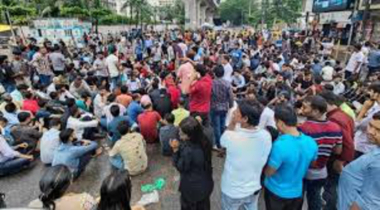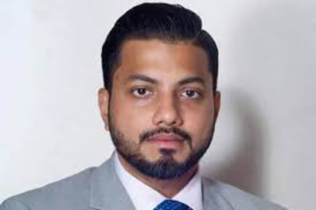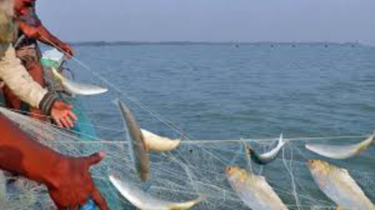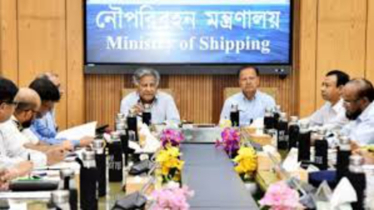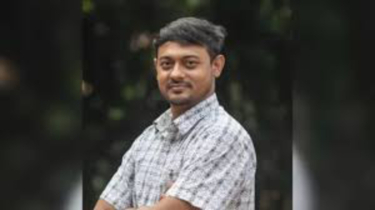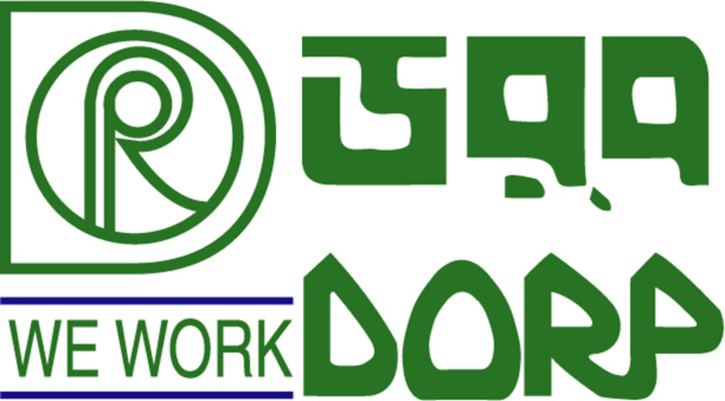
Various development organizations, civil society organizations (CSOs), media representatives, and other relevant stakeholders are emphasizing the need to increase the budget allocation for local government, Water-Sanitation (WASH) and social safety net sectors in the context of the upcoming National Budget for the fiscal year 2025-26.
Stakeholders engaged in these sectors are actively participating in pre-budget discussions and sharing their valuable insights and recommendations.
While no reform commission has been formed for the climate change sector, experts point out that WASH managed by local government suffers the most due to the impacts of climate change. For this reason, stakeholders are urging members of the Local Government Reform Commission to ensure sufficient budget allocation in this area.
As part of this advocacy, development organization DORP, with support from Helvetas Bangladesh, organized a pre-budget discussion titled "Local Government and Water-Sanitation: Pre-Budget Dialogue 2025–26" under the Actions to Climate Change Ensuring Sustainable Solutions (ACCESS) project. The event was held on Saturday, 17 May, at the CIRDAP Auditorium in Dhaka. One of the key demands raised during the dialogue was to treat WASH as a standalone budget sector rather than as a project-based component, to promote sustainable development outcomes.
Experts at the event noted that WASH programs typically become stagnant once a project ends, and remain inactive until new projects are initiated, resulting in negative consequences. If WASH initiatives were treated as a continuous budget sector, it would be possible to maintain consistency, which, in turn, would yield significantly better outcomes when considered as an investment.
The discussion was chaired by Mohammad Nurul Amin, Chairman of DORP and Global Islami Bank, and moderated by Mohammad Zobair Hasan. Notable speakers included Dr. Tofail Ahmed, Chairman of the Local Government Reform Commission; Dr. Mohammad Helal Uddin, Executive Vice Chairman of the Microcredit Regulatory Authority; Sabbir Ahmed, Member of the Bank Reform Task Force; Dr. Zillur Rahman, Managing Director of the Bangladesh NGO Foundation; Munshi Alauddin Al Azad, former Joint Secretary; Mir Abdus Sahid, Addl. Chief Engineer (Works) and Eheteshamul Russel Khan, Addl. Chief Engineer (Planning) from the Department of Public Health Engineering (DPHE); and Mainul Hasan Sohel, General Secretary of Dhaka Reporters Unity.
Presentation papers were delivered by A.H.M. Noman, Founder and CEO of DORP, and Dr. Mahfuz Kabir, Research Director of the Bangladesh Institute of International and Strategic Studies (BIISS). Dr. Abu Mohammad Zakir Hossain was present as a special guest.
In his presentation, Dr. Mahfuz Kabir pointed out that in the proposed 2025–26 fiscal year, the per capita budget for the local government sector may be as low as BDT 466, which is grossly inadequate.
Highlighting the importance of treating WASH as a separate budget sector, Dr. Tofail Ahmed noted that while the ministry prepares the budget, allocations are made project-wise. Therefore, when a project ends, its budget allocation also ends. He emphasized the need to think beyond projects and advocated for direct sectoral allocations. He further noted that although the budget technically reaches Union Parishads, it is insufficient. Moreover, there's a lack of transparency about how much budget each district receives and spends, which must be addressed. He proposed the idea of district-level budgeting with citizen participation.
In his speech, Dr. Helal Uddin, who oversees 776 development organizations under the Microcredit Regulatory Authority, said: “Our collected taxes are used in operational ex.
TH

.png)

